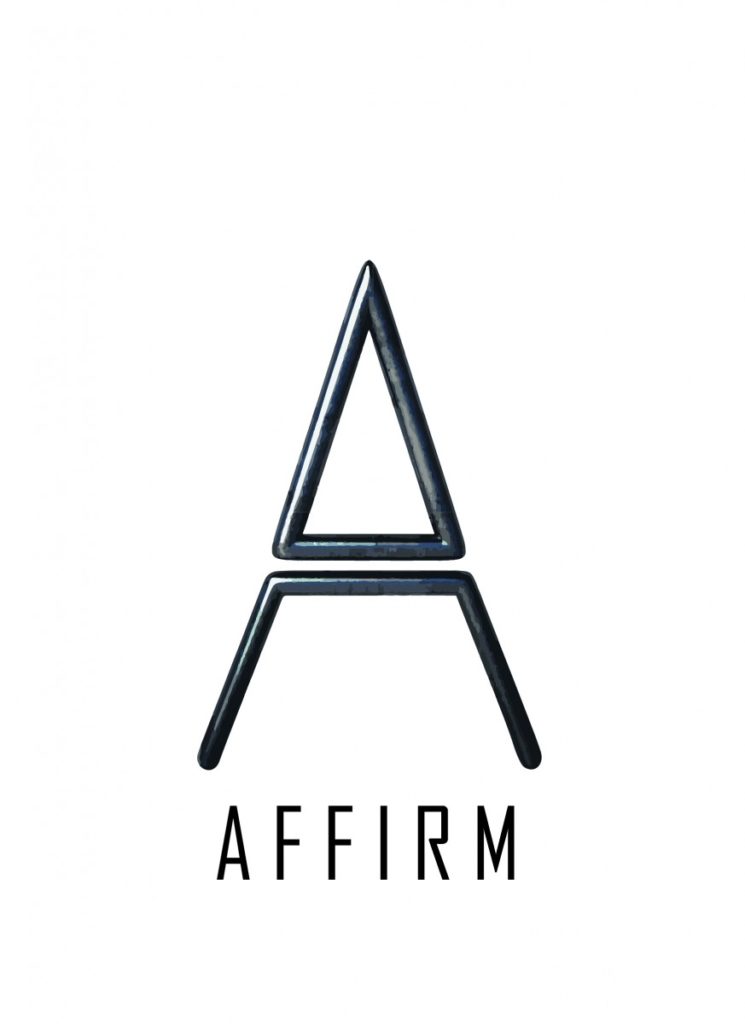On December 15, 2022, Parliament passed Bill C-32. In that bill, were some new trust reporting rules that will impact a number of people. In particular, anyone who has a Bare Trust agreement. Why is this causing a fair amount of stress for business owners and professional accountants?
Here is a bit of background:
In BC, the Property Purchase Transfer Tax is assessed each time a property is sold. Currently, the rates are 1% on the fair market value to $200,000 and then an additional 2% on the fair market value that is in excess of $200,000 to $2,000,000. And if the property is worth more than $2 million, the property purchase transfer tax increases to 3%. If the fair market value of the property is over $3 million, there is an additional 2% tax. As an example[1], if a $4,500,000 property in BC is sold, the property purchase transfer tax is $143,000.
$2,000 on the first $200,000
$36,000 on the next $1,800,000
$75,000 on the next 2,500,000 and ($4,500,000 – $2,000,000 = 2,500,000 x 3%)
$30,000 on the amount in excess of the $3M FMV ($4,500,000 – $3,000,000 = $1,500,000 x 2%)
If you are in a property development business, where properties are bought and sold as a normal course of business, this is a high cost to doing business. One way to avoid having to pay the Property Purchase Transfer Tax each time is to establish a Bare Trust agreement, where a corporation holds the legal title to the land as a Bare Trustee. The Trustee only looks after the property according to the instructions of the beneficiaries of the property. The property developers can instruct the Bare Trustee on how they want the land to be developed. If the beneficiaries (the property developer) sell the property, they will sell the shares of the Bare Trustee corporation. In this scenario, the title holder of the property doesn’t change, just the shareholders of the company. So, there hasn’t been a change in ownership of the land. So no property purchase transfer tax needs to paid to the province. Which can save a business a LOT of money. Any gain or loss on the sale of the property is taxed in the hands of the beneficiary company, so the property developer will pay the tax on the disposition of the land.
Prior to the new Trust Reporting Rules, the Bare Trustee would file an annual Corporation Income Tax Return (T2), since it is a corporation. However, with the new Trust Reporting rules, even though a corporation owns the property, the Bare Trustee agreement between the corporation and the property developing company creates a Trust relationship and are now required to file as though they are a Trust. So now the corporate Bare Trustees will need to file both a Corporation Income Tax Return and a Trust Information Return (T3).
A bare trust arrangement may also exist in many common situations where parents have added their children to title of their home for estate planning purposes or children have added a parent to title in order to qualify for a mortgage. In these instances there is no formal written agreement that sets up this arrangement as a trust arrangement, but it is in fact a bare trust, where one person holds an asset on behalf of another person, but the benefit of the asset belongs to the first person. Certain trust arrangements are exempt from this reporting requirement. Some common examples are:
- If the trust arrangement has not been in place for three months;
- If the underlying asset(s) are valued at less than $50,000 throughout the year – assets may include deposit accounts, government debt obligations or listed securities; and several more but less common to individual taxpayers.
The tricky part is figuring out if you have a trust arrangement that even needs to be considered for these reporting rules. As these situations are not well documented and most taxpayers will not even know to ask. Our firm is taking this very seriously and will be having a conversation with every one of our clients to make sure we do not miss this new form as the penalties are outrageous.
The penalties for not filing the returns are pretty high. There is the standard $25 a day, with a minimum of $100 to a maximum of $2,500. But there is also an additional penalty of the greater of $2,500 or 5% of the maximum value of the property held during the taxation year if there was a failure to file or gross negligence can be proven. So, in the case of the example above, where there is a property of $4.5M held by a Bare Trustee, if the T3 Trust Information Return is never filed, there will be the initial $2,500 penalty plus a potential additional $225,000 penalty owed for not filing for one year.
The good news is that these new rules don’t apply to 2022. They will apply for tax years ending after December 30, 2023. It is a great time to reach out to your accountants to chat about what these new reporting rules mean to you.
[1] BC government website: https://www2.gov.bc.ca/gov/content/taxes/property-taxes/property-transfer-tax/calculation-examples#:~:text=General%20property%20transfer%20tax%20rate,-See%20general%20property&text=Calculate%20the%20tax%20payable%3A,%24450%2C000%20X%202%25%20%3D%20%249%2C000
